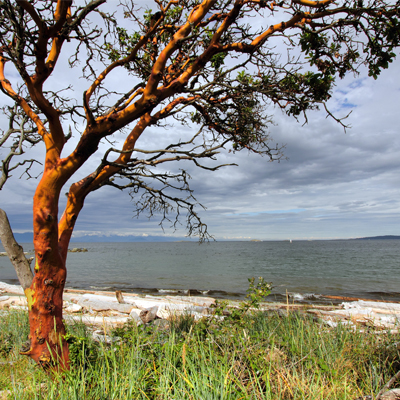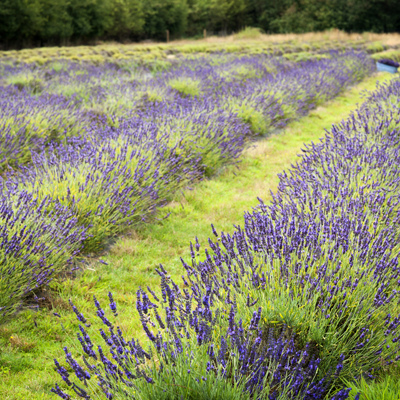Conservation Tax Incentive Program (CTIP)
Working together to protect natural areas.
Conservation covenants provide an important tool for protection of natural areas, but incentives are needed to offset start-up costs. Naturally functioning ecosystems play a central role in our economy by providing essential services such as clean water, fertile soil, carbon storage and an attractive place to live and work.
There’s a critical need to stop the loss and degradation of sensitive, rare natural areas, to protect and restore biodiversity, and to safeguard ecosystem values. Much of these areas are in private ownership, making acquisition and protection expensive. There is therefore a particular need to enhance conservation of privately-owned natural areas through voluntary actions.






